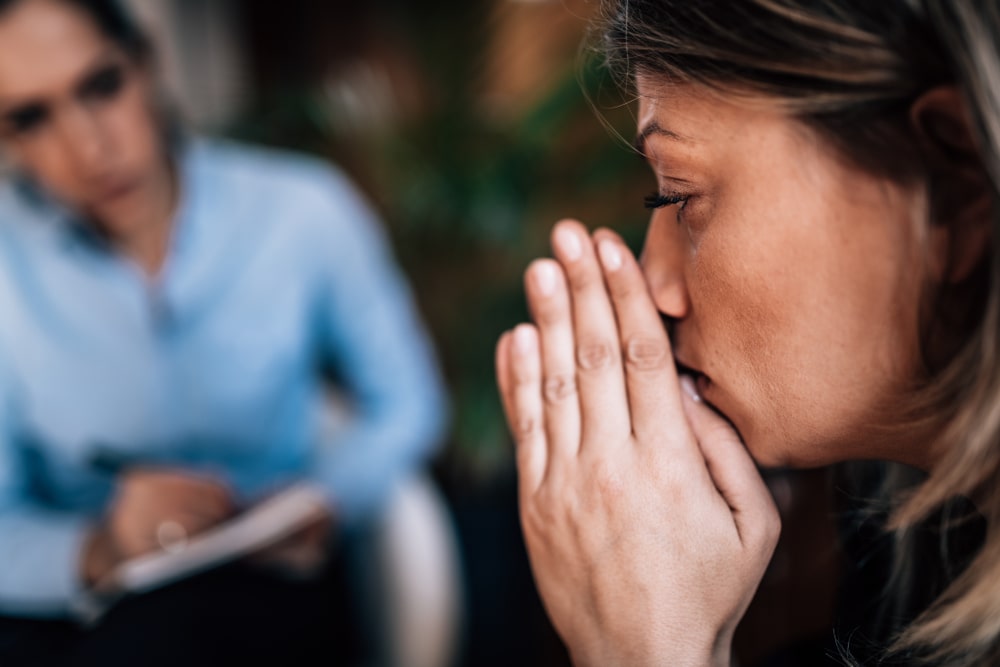Dialectical behavior therapy (DBT) was developed by psychologist Marsha M. Linehan in the late 1980s and was originally intended as a treatment method for borderline personality disorder (BPD). It is a rigidly structured, evidence-based psychotherapy that combines standard cognitive behavioral therapy (CBT) techniques for emotional regulation and reality testing with concepts derived from Eastern meditative practice (e.g., awareness, mindfulness and attentiveness to current situations and emotional experiences) to emphasize the psychosocial aspects of treatment. DBT is a multifaceted approach that is carried out in three therapeutic settings, which include: weekly individual therapy sessions, weekly DBT skills training group therapy sessions, and as-needed phone coaching. This format allows participants to engage in individualized and collective treatment to focus on the four modules of DBT which are core mindfulness, distress tolerance, emotion regulation, and interpersonal effectiveness.
Distress Tolerance Skills
Distress tolerance is explained by experts as “the perceived capacity to withstand negative emotional and/ or other aversive states (e.g., physical discomfort), and the behavioral act of withstanding distressing internal states elicited by some type of stressor.” Distress tolerance skills, also known as crisis survival skills, include a variety of short-term coping strategies. The skills taught in this module are intended to help individuals learn tools and techniques to get through challenging situations when emotions are heightened and avoid destructive behavior. The DBT distress tolerance module focuses on teaching an array of crisis survival skills, some of which include:
- TIPP skills: TIPP is an acronym for Temperature, Intense exercise, Paced breathing, and Paired muscle relaxation. TIPP skills quickly calm the limbic system and lower the state of emotional arousal.
- Square breathing: This is a guided breathing exercise that can be used by anyone to manage stress and anxiety, as it has been shown to relax the nervous system. Try it out by following these simple directions:
- Inhale to a count of 4.
- Hold your breath to a count of 4.
- Exhale to a count of 4.
- Hold it for a count of 4.
- Weigh the pros and cons: Noting the pros and cons can encourage an individual to pause and take a moment to think about a situation and the most appropriate subsequent steps.
- STOP skill: STOP is an acronym for Stop, Take a step back, Observe, and Proceed mindfully, which can help assuage impulsivity.
- Radical acceptance: This skill entails making a conscious choice to accept the state of things as they are, without working to change them.
- Distraction: In moments of intense overwhelm, temporary distractions (e.g., calling a friend, reading a book, watching TV, etc.) can provide brief relief from the distressing situation.
- IMPROVE skills: IMPROVE is an acronym for Imagery, Meaning, Prayer, Relaxation, One thing in the moment, Vacation, and Encouragement, all of which can help with improving the moment.
- Failing forward: Failing forward eliminates the fear of failure by recognizing and celebrating it as an opportunity for growth. It allows an individual to see that failure does not imply that they have failed as a person, and simultaneously reinforces the notion that growth is always possible.
Treatment In Calabasas
Calabasas is a city in California. It is a well-known suburb of Los Angeles, located west of the San Fernando Valley and north of the Santa Monica Mountains. Over the past decade, the city of Calabasas has grown in its reputation for luxury as well as for privacy which makes it a hidden gem for residential living for society’s elite, and one of the most desirable destinations in Los Angeles County. It is also home to a plethora of highly qualified mental health clinicians providing an array of therapeutic services and treatment options.
The information above is provided for the use of informational purposes only. The above content is not to be substituted for professional advice, diagnosis, or treatment, as in no way is it intended as an attempt to practice medicine, give specific medical advice, including, without limitation, advice concerning the topic of mental health. As such, please do not use any material provided above to disregard professional advice or delay seeking treatment.




